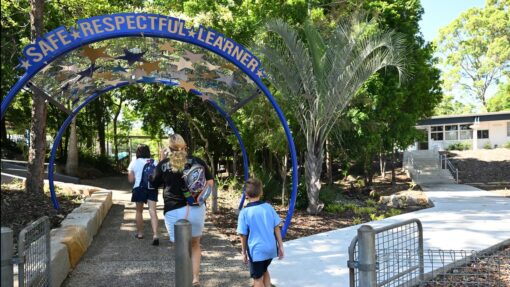Sex education must address the impact of porn on kids
Keira Jenkins |
Most young people have seen pornography by the time they are young teenagers, prompting a call to educate them about the harms.
An anonymous QUT online survey of almost 2000 Australians aged 15 to 20 found 86 per cent of male and 69 per cent of female participants had seen pornography.
Among those who had seen porn, the average age of first exposure was about 13 for boys and 14 for girls.
Study co-author Maree Crabbe says it’s concerning young people are often being exposed to pornography before they’ve had their first relationship or sexual experience with a partner.
“Pornography often portrays sex in ways that are very aggressive and degrading, overtly sexist and racist,” she told AAP.
“They’re not just seen people having sex, they’re seeing sexist, callous, hostile depictions of sexuality.”
Among the young men who had seen pornography, more than half reported viewing it at least weekly, compared with 14 per cent of young women.
Ms Crabbe is the project director of violence prevention initiative, It’s Time We Talked, which focuses on the influence of pornography on young people.
Previous research has linked pornography with harmful behaviours and attitudes including objectification of women, coercion and aggression as well as risky sexual practices.
“We know that pornography is having harmful impacts on young people across a range of elements of their sexuality, but perhaps most importantly, in relation to consent, respect, pleasure, gender equality,” she said.
“Regular consumption of pornography is only going to amplify those those impacts.”
The results of the study show there’s a need for age-appropriate education on pornography for young people.
“If we’re not addressing pornography as part of sexuality in relationships education then we are failing to address a key factor in young people’s sexual socialisation,” she said.
“We’re leaving them alone, to navigate porn’s influence without supporting them to think critically about about that influence.”
The study has been published in the Australian and New Zealand Journal of Public Health.
1800 RESPECT (1800 737 732)
National Sexual Abuse and Redress Support Service 1800 211 028
AAP


